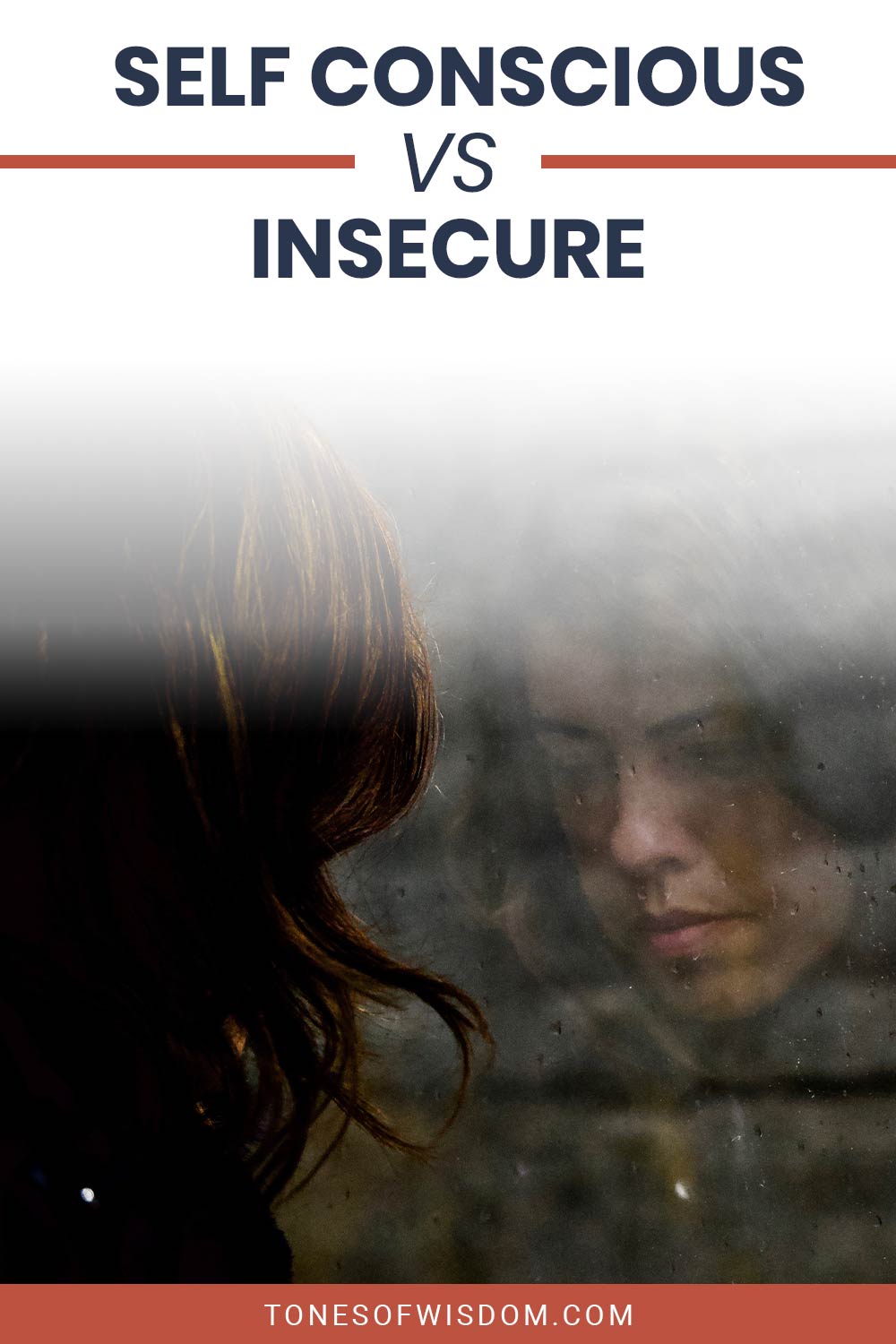Self-Conscious Vs Insecure
We may earn commissions for purchases made through links on our site. Learn more on our about us page.
Self-consciousness and insecurity are two psychological concepts that are often confused with each other. While they share some similarities, they refer to different aspects of an individual’s mental state.
In this article, we will discuss the similarities and differences between self-consciousness and insecurity.
Also, we’ll explore whether it’s possible to be self-conscious and confident, examine the negative impact of self-consciousness and insecurity, and offer strategies to overcome these feelings.

What are the Similarities?
Self-consciousness and insecurity share a common thread: they both involve an individual’s preoccupation with themselves.
Self-consciousness relates to an individual’s concern about how others perceive them, while insecurity refers to an individual’s lack of confidence in their abilities and worth.
Both concepts can lead to negative emotions and self-doubt, impacting an individual’s mental health and well-being.
What are the Differences?
While self-consciousness and insecurity share similarities, their focus and implications differ. Self-consciousness relates to an individual’s concern about how they appear to others, leading to anxiety and a preoccupation with their image.
On the other hand, insecurity relates to an individual’s lack of confidence in their abilities and worth, leading to feelings of inadequacy and low self-esteem.
Can you be Self Conscious and Confident?
Yes, it’s possible to be self-conscious and confident. Self-consciousness can be positive if it leads to self-reflection and self-improvement.
For example, if an individual is self-conscious about their public speaking skills, they may work to improve them, resulting in growth and development. Conversely, confidence relates to an individual’s belief in their abilities and worth, regardless of how others perceive them.
Is it a Bad thing to Be Self Conscious and Insecure?
Self-consciousness and insecurity can have a negative impact on an individual’s mental health and well-being. They can lead to feelings of inadequacy, anxiety, and self-doubt, making it challenging to form relationships, take risks, and achieve goals.
Moreover, self-consciousness and insecurity can limit an individual’s potential, preventing them from realizing their full potential.
How Can You Get Rid of These Feelings?
If you are struggling with self-consciousness or insecurity, there are several strategies you can use to overcome these feelings:
- Practice self-compassion: Be kind and understanding to yourself, recognizing that everyone has flaws and makes mistakes.
- Challenge negative thoughts: When negative thoughts arise, question their validity, and replace them with positive affirmations.
- Seek support: Talk to a trusted friend, family member, or therapist about your feelings, gaining perspective and support.
- Focus on your strengths: Instead of dwelling on your weaknesses, recognize the unique qualities that make you who you are instead of dwelling on your weaknesses.
Final Thoughts on Self Conscious Vs Insecure
In conclusion, self-consciousness and insecurity share some similarities but refer to different aspects of an individual’s mental state.
While self-consciousness can be positive if it leads to self-reflection and self-improvement, insecurity can have a negative impact on an individual’s mental health and well-being.
If you’re struggling with these feelings, remember to practice self-compassion, challenge negative thoughts, seek support, and focus on your strengths.



Leave a Reply